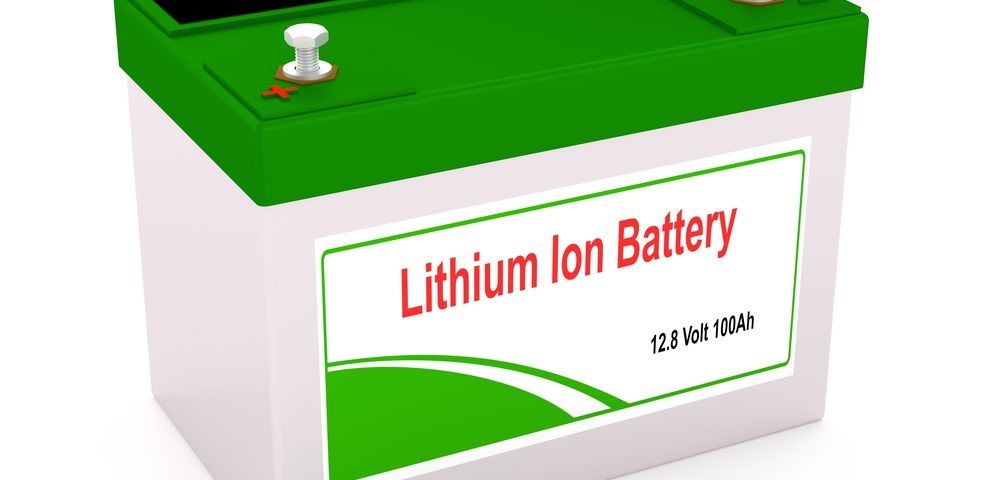Is your family going on holiday, and you want to shut down your solar power system? Do you want to know what will become of your battery pack? Well, you are not alone.
While batteries are commonplace in our daily lives, very few people have an understanding of the intricacies of the batteries we use daily.
There is a lot to learn about batteries, whether it is a mobile phone battery, a residential battery pack, a lithium-ion battery pack or a lead-acid battery.
Therefore, in this article, we will explore the effects of leaving a lithium-ion battery uncharged and unused for an extended period.
Will the battery actually degrade over time? In a nutshell, it depends on the storage conditions of the battery. The battery will degrade when:
- You leave the battery in a warm/hot environment
- The battery is stored in a low voltage state
Battery Degradation Caused By Elevated Temperatures
Storing your battery in a warm or hot temperature can affect battery capacity.
Generally speaking, elevated temperature causes a permanent loss capacity and negatively impacts the cycle life.
Research reports show that when you store your battery with a 40% charge at 25°C, you can recover 98% of the battery capacity after one year.
On the other hand, when you store your battery at 60°C with a 40% charge, you can recover 75% of the capacity only after one year.
The loss of capacity induced by elevated temperatures increases further when you store your battery with a 100% battery charge.
For instance, when you store the battery with a 100% charge, in an environment with a temperature of 25°C, you can expect to recover 94% of the capacity after one year.
When you store the battery at 100% charge at 60°C, expect to recoup 60% capacity only after three months.
As such, if you want to store a battery pack, ensure you store it in cool conditions to preserve the capacity of the cells.
Battery Degradation Caused By A Low Charge State
The state of charge (SoC) in a lithium-ion battery should never dip below 2V per cell, even for a short period.
Keep in mind that the charging and discharging of battery cells are chemical processes.
When the SoC dips below 2V per cell, copper shunts may form inside the cells.
In turn, the copper shunts increase the rate of discharge, further degrading the battery.
If left uncharged any longer, the battery capacity reduces significantly, and in some cases, it may reduce the battery capacity completely.
Another consequence of shunts forming inside battery cells is causing a partial electric short.
This will not only affect the battery capacity but can destroy the structure of the cells.
Ultimately, storing li-ion batteries with a low-level charge state will create battery cell structure instability.
In the long run, the battery starts to experience anomalies and excessive heat build-up when chargin and discharging.
The battery cells will also experience increased sensitivity to environmental factors and or physical abuse.
Aside from degrading battery capacity, storing the battery in a low SoC can reduce the battery charge-discharge cycle capacity.
This will lower the life of the battery pack, necessitating a replacement far earlier than the expected battery life.
Conclusion
With the above in mind, it is essential to also note that the battery will self-discharge even when left unused.
Generally speaking, li-ion batteries will lose the same percentage of charge every month.
As such, if you plan to store your battery unused, you should consider discharging the battery up to 40% to 50% before storing it.
Thereafter, recharge the battery every 3 to 6 months to protect the cells from deterioration.
Are you looking to go solar or utilise an off-grid battery system in your home?
At Choose Solar, we provide purpose-built mounting equipment for the solar power industry as well as high-quality solar batteries and inverters and are your number one choice in Melbourne.
For all your solar installation and solar power needs, please call us today on 03 9761 5371 or send us a message through our contact page.

